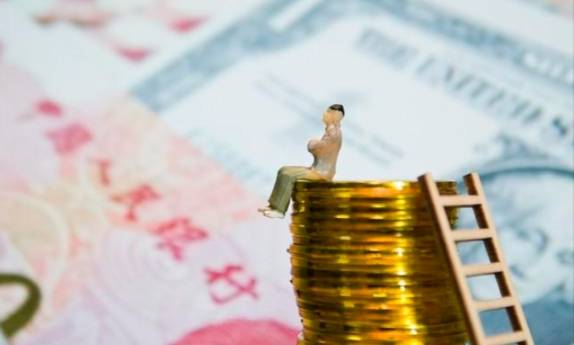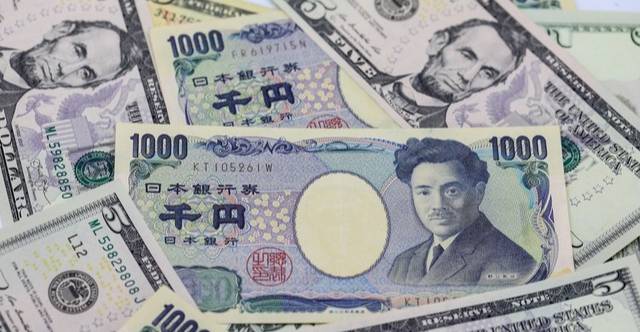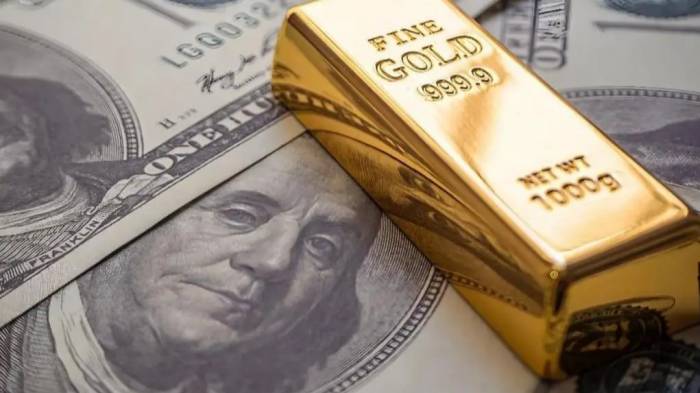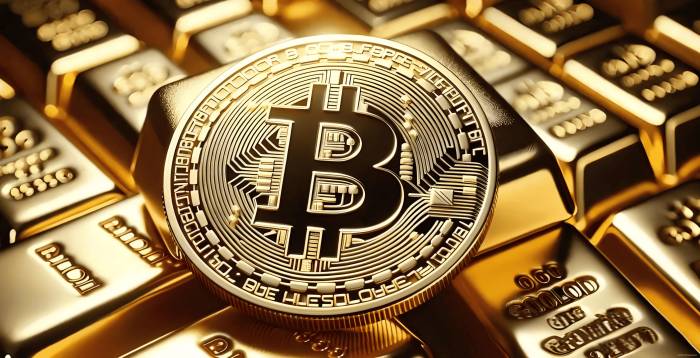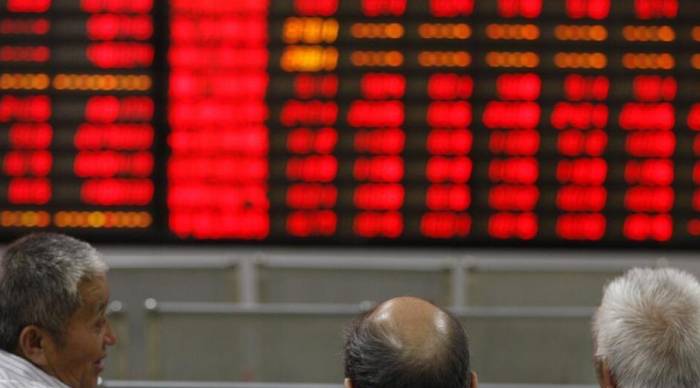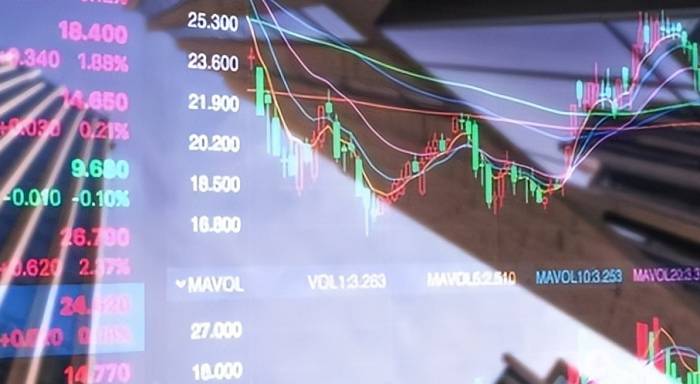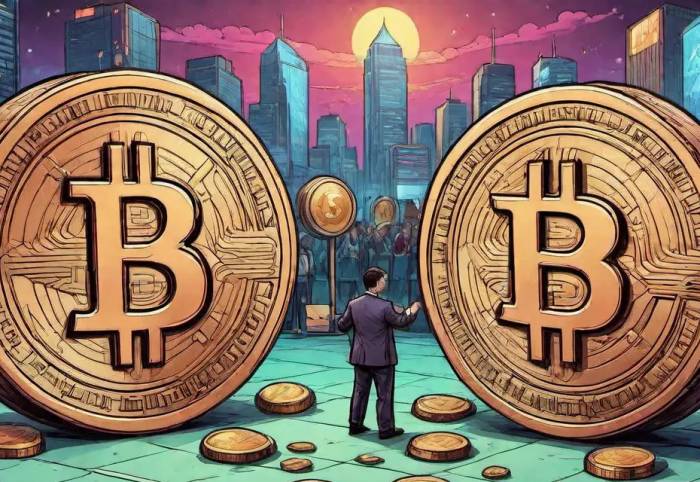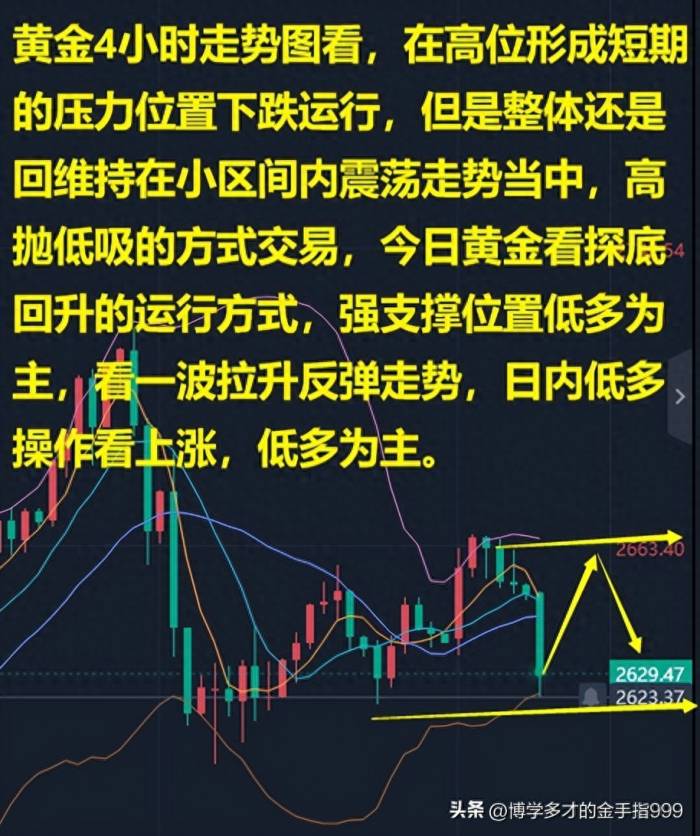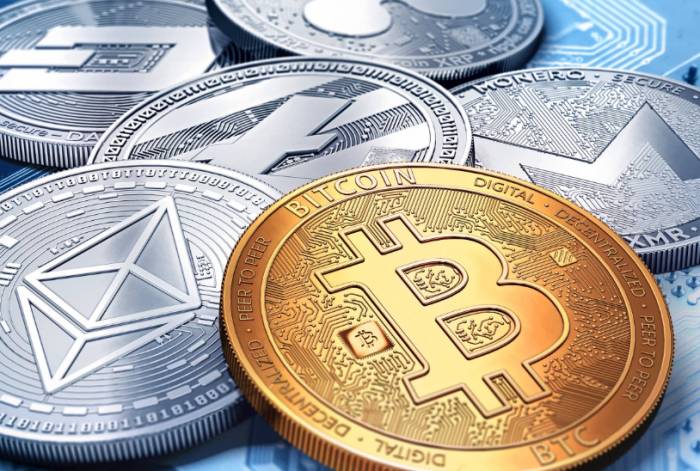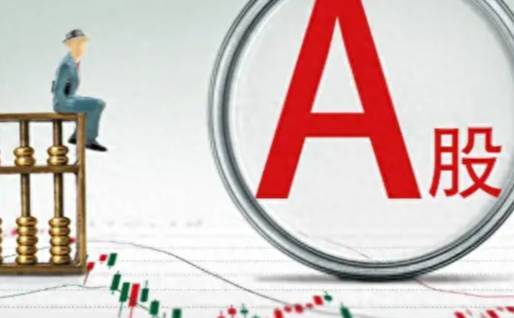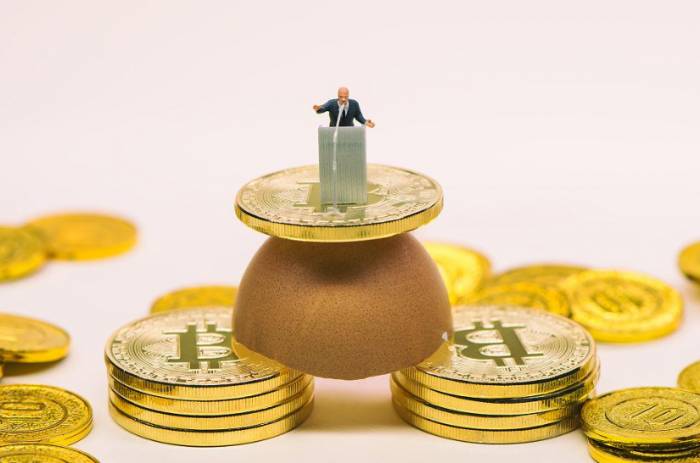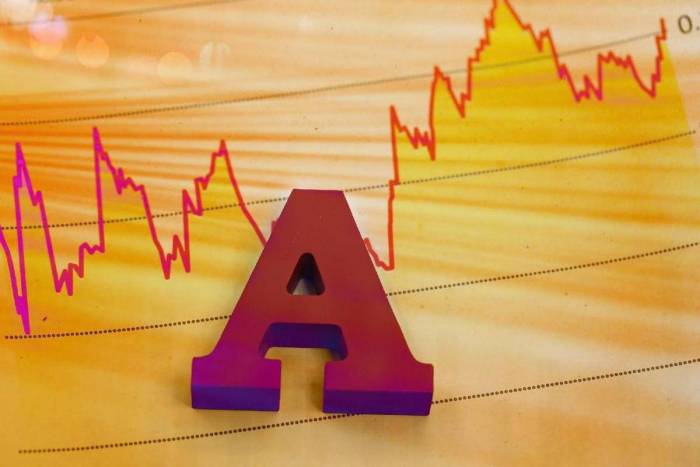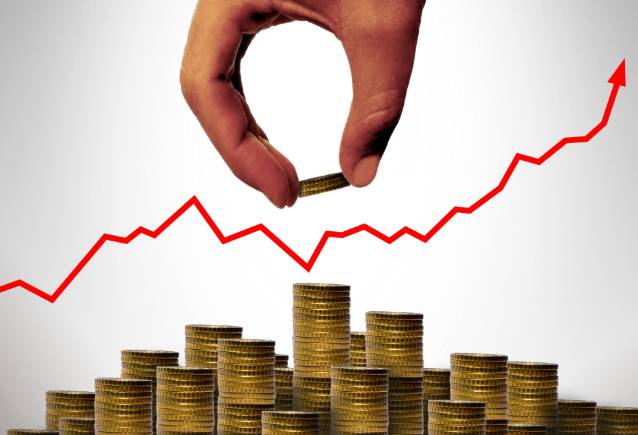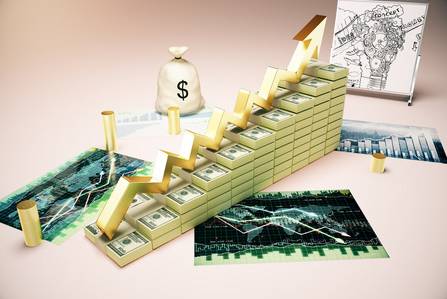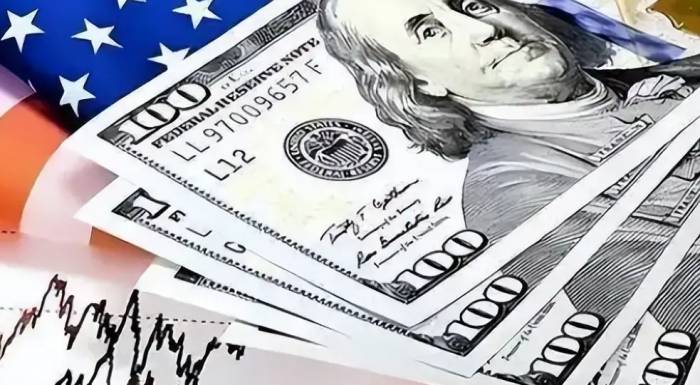In recent years, one commodity has been capturing attention more than gold in the consumer market: white sugar. As the U.S. Federal Reserve made the decision to lower interest rates, a significant shift occurred in the investment landscape. Many investors flocked to gold, pushing its prices to new heights and marking a trend in the investment strategies of the past couple of years. However, for ordinary consumers, the rising prices of essential commodities like sugar are more pressing concerns.
According to industry insiders, the price of raw sugar skyrocketed in 2023, with reports from Choice indicating that the price trajectory for white sugar reflected a sharp upward curve. The ICE raw sugar futures saw an increase of 43% throughout the year, reaching a decade-high of 7,600 yuan per ton in September. Though a price correction occurred in 2024 following the market's digestion of an unexpected spike in production, the prices remained elevated compared to early 2023. Futures for raw sugar surged from 18 to 19 cents per pound to a peak of 24.62 cents per pound.
This surge in sugar prices has provided greater profit margins for sugar-producing companies. The recently released half-year financial report from COFCO Sugar has revealed growth in both revenue and net profit, with the company achieving record high overall performance during this reporting period. Interestingly, the fluctuations in sugar pricing do not significantly impact COFCO.
COFCO Group boasts 16 listed companies, including well-known firms such as COFCO Foods, COFCO Sugar, and Mengniu Dairy. Their business reaches across multiple sectors: food production, financial services, and real estate, with the overall revenue of COFCO Group hitting 692.1 billion yuan and a total profit amounting to 21.2 billion yuan. With extensive access to China’s vast land and substantial domestic market, COFCO has emerged as the second-largest grain trader internationally. By comparison, prominent global agribusiness players like Cargill, ADM, Bunge, and Louis Dreyfus have revenues of $177 billion, $93.9 billion, $59.5 billion, and $50.6 billion, respectively.
Within the esteemed COFCO consortium, COFCO Sugar shines as a noteworthy contender primarily focused on sugar and tomato production. As of the end of the first half of 2024, COFCO Sugar reported total operating revenue of 14.956 billion yuan, with net profit climbing to 863 million yuan. These figures show a year-on-year growth of 17.52% for revenue and a 12.22% increase for net profit.
In contrast to its thriving counterpart, Guangnong Sugar has seen far less success in the sugar market. From January to June 2024, Guangnong Sugar achieved an operating income of 1.813 billion yuan, marking a 7.5% increase; however, the net profit attributable to shareholders saw a stark decline of 37.85%, totaling just 15.06 million yuan. More concerning was the company's adjusted net profit, which plummeted to only 3.6598 million yuan—a staggering drop of 66.84% compared to the previous year.
Guangnong Sugar attributes its revenue growth without profit to increased expenditures on raw materials, stemming from enhanced production levels. This suggests that their ability to manage costs and optimize their supply chain needs significant improvement.
The company's financial challenges become even more pronounced when considering that their net cash flow from operating activities for the first half of 2024 was negative 184 million yuan, compared to a negative 57.5893 million yuan during the same timeframe last year. This dire financial situation undoubtedly impedes Guangnong’s ability to compete with larger industry players.
When looking back at COFCO Sugar, it appears that despite complex variables such as stable sugar production volumes in the northern hemisphere, disappointing production in India and Thailand, and robust output within China, the company’s performance remains largely unscathed. Analysts suggest that COFCO’s resilience is due to its diverse business models beyond mere sugar processing.
As analyst Wang Xiangyu notes, COFCO Sugar’s operations are primarily divided between sugar and tomato production. Sugar processing can further be subdivided into import trading and local processing, while the tomato sector has recently emerged as a significant profit driver.
Taking a closer look at import trading, about one-third of sugar consumed in China is imported, primarily sourced from Brazil and India. As a key strategic commodity, sugar imports to China operate under a quota system; imported sugar within the quota faces a 15% tariff, while sugar above the quota incurs tariffs as steep as 50%. This system bears resemblances to regulatory frameworks in gaming and entertainment sectors, where securing quotas provides companies with significant leverage within the marketplace.
Moreover, COFCO Sugar benefits distinctly from its status as a state-owned enterprise that encompasses a complete industrial chain—a competitive advantage that proves difficult for external players to disrupt. However, it must be acknowledged that income derived from import trade does not guarantee stability. Examining COFCO Sugar’s income over the past five years from trade reveals fluctuations: 15.783 billion yuan, 12.423 billion yuan, 16.294 billion yuan, 17.373 billion yuan, and 20.439 billion yuan, indicating the unpredictability surrounding profits linked to commodity pricing.
The major revenue source for COFCO Sugar is its self-produced sugar processing, characterized by notably low margins. According to its 2023 annual report, the gross profit margin for processed sugar barely reaches 17.24%, while self-produced sugar fares even worse at 14.1%. In stark contrast, the tomato segment of COFCO Sugar provides a vastly larger growth opportunity, revealing a gross profit margin of 44.93% in 2023. Although sugar business revenue represented 92% of total sales, the contribution to profits paints a different picture: sugar accounts for 75% of profit contribution, but tomatoes contribute a significant 25%.
By combining tomato and sugar products, COFCO Sugar is well-positioned to maintain a stable foundation while exploring avenues for further growth. However, this does not mean that COFCO Sugar, or COFCO at large, can rest easy. The company’s business model remains fundamentally straightforward, revolving around the cyclical process of buying raw materials, processing them, and selling the finished products. The distinction lies primarily in selecting the right materials and sourcing them effectively.
An added boon for COFCO Sugar's excellent performance in 2023 can be attributed to advantageous timing; late 2023 saw the average market price of newly harvested sugar around 6,665 yuan per ton—nearly 1,000 yuan higher than the same period in 2022. With peak prices reaching as high as 7,600 yuan per ton, industry insiders indicate that sugar production costs for processing plants have remained relatively unchanged at around 5,600 yuan per ton, allowing for a profit margin of roughly 2,000 yuan per ton.
However, the landscape is shifting as multiple broker reports are predicting substantial oversupply of sugar during the 2024/2025 crushing season, leading to a bearish outlook for the medium to long-term implication on pricing. Recent data from Everbright Securities indicates that white sugar spot prices have already declined from approximately 6,800 yuan per ton in April to about 6,400 yuan per ton by early September.
Adding to the complications, research has shown that processing enterprises experienced higher import costs during the first half of the year, causing profitability to be squeezed. In March, major trading houses had to meet the second-highest delivery volume ever recorded, totaling around 1.3 million tons. It was evident that these companies struggled to find better trading alternatives in the sugar spot market, resulting in price drops.
While COFCO Sugar overall managed to maintain decent performance in the first half of 2024, second-quarter results highlighted concerning trends. From April to June, both revenue and net profit fell; the quarterly report indicated a decline in primary income to 7.145 billion yuan, down 9.9% year-on-year, along with a 14.64% reduction in net profit of 422 million yuan. Additionally, gross profit margins also decreased significantly, falling by 13.58 percentage points to 10.42%, and return on equity dropped from 10.48% to 7.71%.
Given these industry challenges, upstream players like COFCO faced difficulties as well. The latest report from China’s Foreign Exchange Trading Center confirmed COFCO Group experienced a 13.32% decrease in revenue in the first half of 2024, alongside a 20.65% drop in operating profit, totaling 8.134 billion yuan.
Despite such challenges, COFCO Sugar continues to maintain a growth trajectory, and many investors still hold a positive outlook. Analyst Li Xiaoyuan posits that construction of the Zhangzhou sugar industry has been completed, thereby increasing COFCO Sugar’s refining capacity to over 2 million tons per year.
Beyond simply augmenting revenues through production chain expansion, the refining business also holds strategic significance by effectively extending the entire sugar industry chain for COFCO as it strives for long-term growth while navigating cyclical trends. Continuous focus on COFCO Sugar reflects its unique positioning within both investment opportunities and broader economic contexts. Investors like Willson emphasize that the company’s situation diverges significantly from typical commodity calculations.
“As both sugar and tomatoes are agricultural products with seasonal production cycles, it’s essential to hold sufficient inventory at year-end. High sugar prices will inflate those storage costs, resulting in COFCO writing down hundreds of millions in inventory impairment. While sugar prices may dip this fall, any inflated stock from previous high prices should also be fully absorbed, allowing third-quarter profitability to remain intact despite a drop in year-on-year numbers,” Willson asserts.
Adding to the attractiveness of COFCO Sugar is the undeniable appeal of its high dividend yields. As a steadfast supporter of the company, Willson identifies massive growth within the tomato business as another compelling factor driving interest.
Echoing Wang Xiangyu’s perspective, Willson highlights the considerable valuation attached to tomato production, estimating growth rates at 15%, which could realize market valuations between 25 to 30 times earnings multiples for the segment. Just the tomato sauce business could command around 17 billion yuan in market value.
“If market activity increases, we could push that valuation to 40 times, representing a staggering potential value of 26 billion.” Yet, Wang acknowledges that these calculations omit considerations of production ceilings, as Xinjiang regions can only supply up to 300,000 tons. In general, COFCO’s tomato operations are currently below maximum production capacity, but there remains considerable potential for growth.
Between 2021 and 2023, COFCO Sugar’s tomato profits soared from 109 million yuan to 545 million yuan—a remarkable fivefold increase. By mid-2024, the segment’s net profit had already outstripped the entirety of 2022, climbing to 367 million yuan. The food additive market typically commands higher valuations, signifying that the financial impact of the tomato segment on COFCO and the broader group far exceeds current observable metrics.
“Despite the superior quality of domestically produced tomatoes, competitive pressures in initial processing can drive down prices in global markets. Municipal sales for domestic consumption are far more lucrative because they do not fall under commodity pricing, resulting in higher and more stable margins,” emphasizes Willson.
From a broader societal perspective, COFCO recognizes that the tomato sector carries additional value-worthy endeavors, particularly as a state enterprise looking to ensure security in food supplies. As Willson aptly highlights, the challenge remains rooted in the post-harvest processing and storage conditions, which historically have seen insufficient investments. This absence of investment has led to farmers missing out on potential earnings from value-added processes.
Thus, COFCO aims to establish a cohesive industrial chain to enhance quality and output through a fully digitized upgrade of the entire supply process—from production through distribution, thereby safeguarding companies, industries, and society against cyclical fluctuations.
An illustrative example of resilience can be traced through COFCO's previous challenges; during the height of the tomato industry crisis in 2009 and 2013, COFCO faced immense operational strains, leading to the closure of ten factories due to persistent losses. In each case, COFCO sought to explore multiple avenues, from upstream production to deeper partnerships and diversification into high-value products, to emerge on a more balanced footing today.
In truth, any competitor lacking the cohesive vision to persevere through such trials could scarcely make it to this juncture. Leadership has assured the media that commercial interests do not come to the forefront; rather, it is about safeguarding national necessities, as in the case of protecting the tomato industry from foreign control. Despite a declining market for tomatoes in 2024, COFCO has enhanced its processing capabilities, ramping volume from 2 million tons to as high as 2.2 million to 2.5 million tons, anticipating the cyclical shift—which, in retrospect, seems remarkable.
The interim report for the first half of 2024 indicates that COFCO Sugar allocated 30 million yuan toward R&D, with investment reaching historical highs, illustrating a robust growth trajectory of 175.33% year-on-year. Furthermore, the development of sales strategies through both online and offline channels resulted in a 70% increase in distribution networks, leading to an uptick of domestic sales, which now constitute 41% of total operations.
When evaluating investment potential in a company, some people might look to business models, while others prefer to focus on growth prospects and cyclical forecasts. As a significant player within the agricultural commodity space, COFCO Sugar undeniably enjoys advantageous positions on both fronts, but its attraction to a diverse array of investors lies in its strong emphasis on stable long-term returns and consistent dividends.
Since its listing, COFCO Sugar has distributed dividends twenty times, amounting to a remarkable 4.101 billion yuan. In 2024, this marks their second interim dividend initiative, proposing a payout of 2 yuan per every 10 shares, yielding a dividend rate of approximately 2.5%, which could estimate an annual yield of over 6%. Notably, the previous year (2023) saw COFCO Sugar achieving a dividend yield north of 10%, a rarity within the A-share market that highlights its status as a benchmark for quality income-generating stocks.

